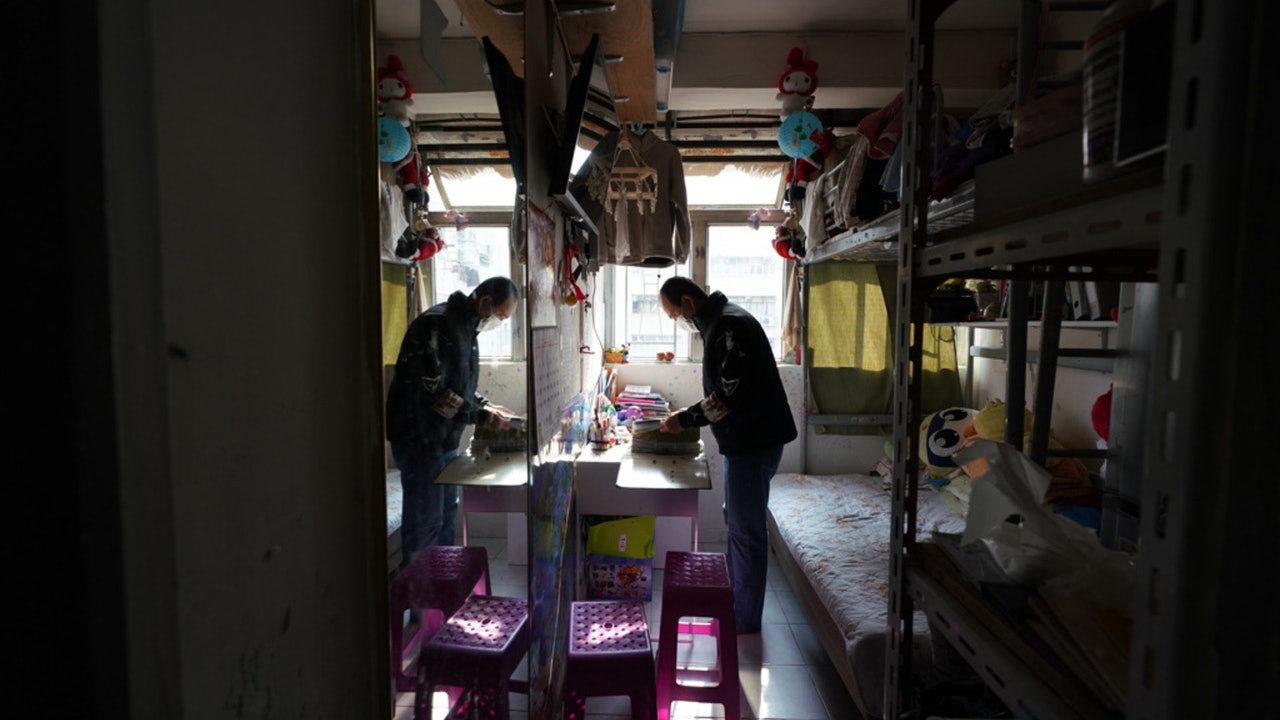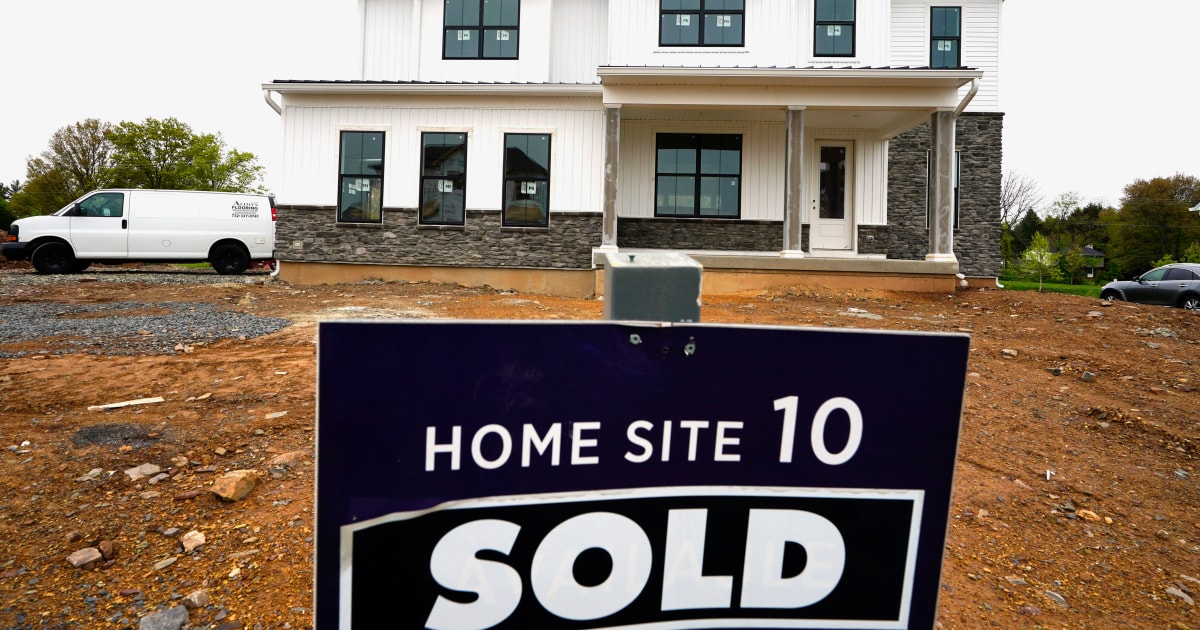Social News
Author: Contribution
2020-10-29 22:00
Last update date: 2020-10-29 22:00
There is often a saying in the market that the establishment of rent control will prevent the owners of subdivided houses from providing subdivided houses for rent and reduce the supply of units. This makes the supply of the grassroots leasing market tighter and makes it harder for tenants to find rental units.
This argument is specious and hard to stand up.
Written by: Deng Baoshan, Convener of the Hong Kong Concern Sub-Flat Platform
The government has set up a working group on the control of subdivided housing.
(Photo/Photo by Ou Jiale)
The emergence of sub-divided houses is all due to considerable profits
First of all, the fundamental reason for the owners of subdivided houses is that they are profitable and the returns are considerable.
For example, if a complete unit is divided into three or more sub-districts, the rental return may be twice that of the complete unit. Owners are not tired of dividing the unit for no reason. Profit is the biggest driving force.
Any form of regulation, as long as it affects this business, this group of sub-proprietors will oppose it.
At present, the government allows the subdivided housing operators to make a cent of the tenants in the market. They take advantage and advantage, and they will certainly defend this unrestricted freedom.
For sub-house operators seeking to maximize profits, rent management and their interests are a zero-sum game, and there is basically no room for turning.
But if you think about it more realistically, rent control only allows the rental market to develop in a more orderly and healthy manner, and slightly balances the power of the landlord.
In other words, rent management is not to make landlords make no money, but to prevent individual unscrupulous housing operators from making all the money.
If one recognizes the reality clearly, if someone still thinks that rent control harms the interests of owners, it is either because the partially profitable sub-proprietors monopolize and rob the discourse on rent control, or because there are too many owners who make huge profits.
If this is the case, it is indeed difficult to have a meaningful discussion on the impact of rent control, and the current sub-house rental market is full of unregulated rent-seeking behaviors, which in turn illustrates the necessity of establishing rent control.
After dispelling the above myths, it is easy to answer whether rent control reduces supply.
Back to the basics, operating a subdivided house is a commercial activity. The subdivided house operator is concerned about whether it is profitable after the establishment of rent control. This depends on the content of the rent control regulations. I believe no one would think that the rent control regulations will completely restrict the landlord’s earnings. To make profit, the landlord is required to do good deeds. If this is the case, it is enough to directly ban subordinated housing, and there is no need to establish rent management.
Shops only require a standard rent
Regarding the rent management plan in the market, it only requires that the set of rents must have standards, not to set prices and rents randomly, and to prevent illegal collection of fees.
Therefore, the owner will make the most sensible decision after calculating the gains and losses. No owner will close the market because of vindictiveness. Please rest assured that the owner will not be less rational than the average person, and will not make a decision that will damage the interests because of his position.
Some people may suggest that owners will withdraw from the market because of more restrictions or lower profits, such as vacant flats or even sale of flats.
As mentioned above, operating a subdivided house is a commercial activity. The owners do have the opportunity to make a decision to withdraw from the market after calculating their profit and loss. However, the cost of idle units is so high that it is hard to imagine that the owners will make such a detrimental decision.
Furthermore, to eliminate this situation, the property vacancy tax can also be used to further increase the cost of vacant units.
In addition, everyone should also be aware that the subdivided housing market is different from the general rental market, and subdivided housing operators are less flexible to withdraw from the market than ordinary owners.
Because they invested a sum of money as the expenditure for the reconstruction of the subdivided houses, exiting the market means that the investment cannot be recovered on the one hand, and on the other hand, they have to return the subdivided housing units to complete units for other purposes and another expenditure. For sub-divided houses, banks generally cannot afford mortgages, which will increase the buyer’s cost and make it difficult to sell the unit.
In short, it is not easy for subdivided housing operators to withdraw from the market, and rent control reduces the supply of units is an exaggeration.
The Working Group on Subdivided Rental Control Research hopes to submit a report to the government by June next year.
(Photo/Photo by Ou Jiale)
Furthermore, some people may point out that investors will stop investing in and operating subdivided housing due to increased market uncertainty due to increased rent control. Without new operators, the supply of subdivided housing will definitely decrease in the long run.
It is too early to say whether this prediction will be realized, but if the implementation of rent management can drive positive changes in the grassroots rental market and gradually reduce the supply of inferior units, it is a matter of optimism.
We may expect that after the rent management has established some standards in the rental market, the number of units with poor quality and bargaining prices will gradually decrease, the right to rent of the grassroots citizens will be protected, and the landlord will be in a regulated market To earn profits, the grassroots rental market is expected to develop in a healthy direction in the long run.
Many sub-divided households face problems such as poor living conditions and excessive collection of water and electricity.
(Photo/Photo by Gao Zhongming)
According to the investigation, 60% of prospective tenants in Blocks 1 to 3 of Junyang Village are currently living in subdivided houses and the government provides rent free arrangements
Residents with subdivided housing account for more than 80% of their income, and more than 60 adults say there is no allowance for insufficient rent
Residents are still subject to rent increase under the epidemic
The sub-divided rent management team will study the feasibility of standard leases and submit a report in the first half of next year
Subdivided House Rental Control








